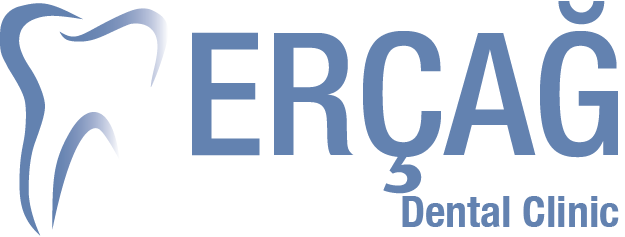Periodontology Diseases

It is a branch of science that deals with gingival diseases. When teeth are not properly cleaned, food residues accumulated on and between them produce bacteria. These deposits, which we call bacterial plaque, are the cause of dental caries and gingivitis and form dental stones as a result of the deposition of saliva over time.
The first sign of gingivitis is bleeding in the gums. Color, deformities and bad breath in the gums are more pronounced. Tooth loss caused by gingivitis is much more than tooth loss caused by caries. First of all, it should be noted that the healthy gums are light pink. It adheres firmly to teeth and bone and has a bright appearance similar to orange peel. Healthy gums doesn’t bleed.
Gum treatments
Gum disease is a very common condition where the gums become swollen, painful or infected. This disease, which is much less common in children, exists to some degree in most adults around the world, and most people experience it at least once. If you have gum disease, your gums may bleed while you brush your teeth and your breath may smell bad.
What causes gum disease?
Gum disease is caused by plaque build-up in the teeth. Some bacteria on the plaque are harmless, but some are harmful to the health of your gums.
Causes of periodontological diseases
Genetic factors
According to the studies, there is a genetic predisposition of 30%. If there is a person with gum problems in the family, routine controls should be performed. Smoking Softens the gums and causes the development of gum disease.
Drug use
Birth control pills, anti-depressants, epilepsy drugs affect your oral health. Therefore, if you are taking any of these medications, please warn your dentist and pay special attention to your oral hygiene.
Hormonal changes
During periods of intense hormonal changes such as pregnancy, puberty, menopause and menstruation, you should take extra care to your oral hygiene. Your gums become more sensitive during these periods. Increased susceptibility to gum disease.
Stress
Research has shown that stress makes it difficult for the body to fight infection, including periodontal diseases.
Teeth grinding
They cause periodontal tissue destruction by reducing the force between the tooth and gum. One reason for withdrawal in the gums is to squeeze. This must be stopped by installing a night plate. Malnutrition causes the body’s immune system to weaken and, therefore, difficult to fight infections, including gum infection.
Diabetes
Diabetes patients are at high risk for periodontal infection. Routine gum checks are essential.
Badly made crowns bridge and fills
Flooded fillings, crowns and bridges that touch the gums cause problems in the gums. Treatment of gingival diseases at an early stage is usually dental calculus cleaning and root flattening. At these stages, bacteria deposits and dental stones are removed from the pockets around the teeth and the root surfaces are flattened. With these procedures, bacteria and toxin substances that cause inflammation are removed from the mouth. These procedures, which are applied in the early stages of gum diseases, are usually sufficient for good results. Surgical intervention may be required in more advanced cases. The aim is to remove the dentures and diseased tissues in the deep pockets and to straighten the root surfaces for healing and shape the gums for easy cleaning.
The only way to maintain the positive results obtained by periodontology treatment is to brush the teeth and floss and regularly use chemical agents that remove bacteria from the environment. The most important is to check the intervals recommended by the dentist.
